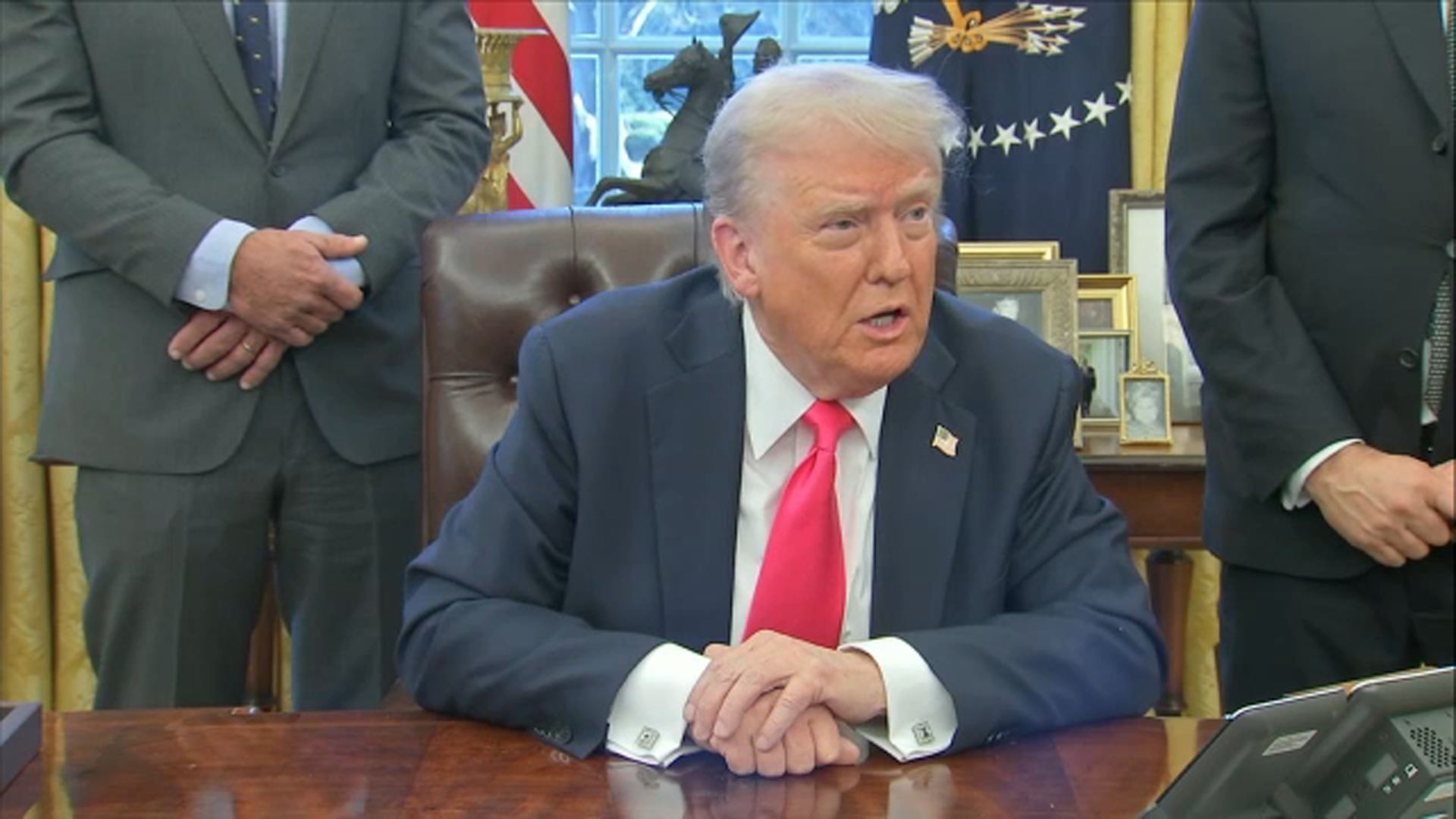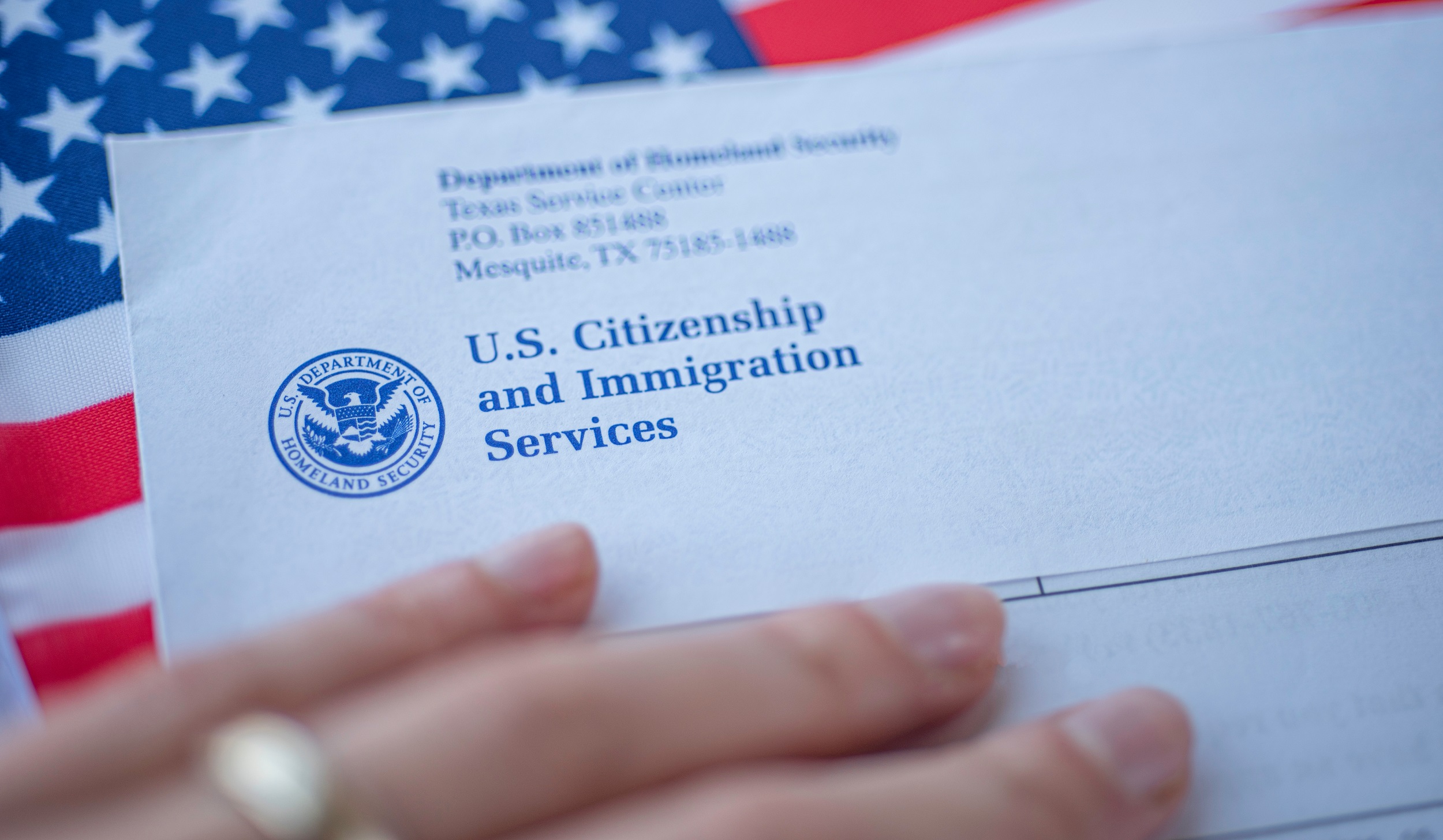VAWA Processing Time: What To Expect
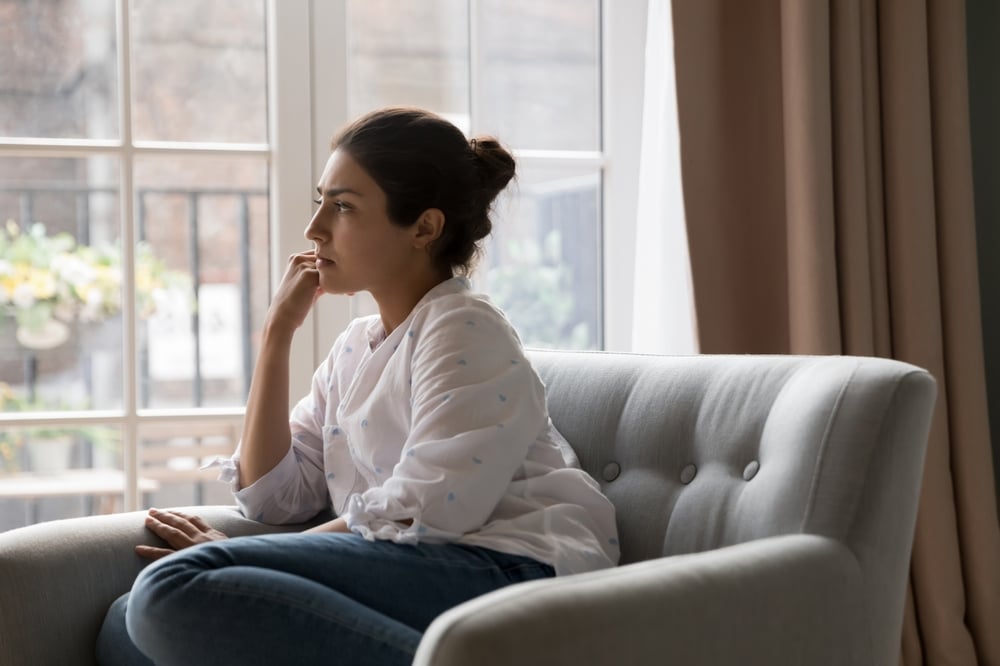
If you’re applying for relief under the Violence Against Women Act (VAWA), it’s crucial to understand the typical processing times and factors that may influence them. VAWA provides a pathway for individuals who have experienced abuse from a U.S. citizen or lawful permanent resident spouse or parent to seek immigration relief and self-petition for a green card.
VAWA Processing Time

| VAWA processing time takes between 2-3 years to process, starting from when USCIS receives your application. |
Historically, the processing times for VAWA petitions have fluctuated. In some instances, it has taken several years for cases to be resolved, particularly for self-petitions. A notable shift occurred in May 2021 when USCIS began processing applications that had been pending for up to two years.
For the most current VAWA processing times, it’s advisable to check the USCIS website regularly as timelines can shift.
VAWA Processing Time Timeline
Navigating the VAWA process can be complex and time-consuming. Understanding the typical VAWA processing time for each phase can help you manage expectations and prepare for each step along the way.
Here’s a quick look at the complete process and VAWA processing time for each step:
Preparation and Filing (1-2 Months)
- Gathering Documents: This initial phase involves collecting all necessary documentation to support your VAWA self-petition. This includes proof of abuse (often a police report is helpful for VAWA requirements), evidence of your relationship with the abuser, and other supporting documents.
- Filing the Petition: Your immigration attorney will prepare your VAWA self-petition (Form I-360) with USCIS. Once filed, you will receive a receipt notice from USCIS acknowledging the receipt of your application.
Receipt Notice (1-2 Weeks)
- Receipt of Notice: Within 1 to 2 weeks after filing, USCIS will send you a receipt notice (Form I-797C) confirming that they have received your petition. This notice will include your case number, which you can use to track the status of your petition on the USCIS website here.
Initial Processing (2-6 Months)
- USCIS Review: USCIS will begin reviewing your VAWA petition.
- Request for Evidence (RFE): If USCIS finds that additional information is needed, they may issue a Request for Evidence (RFE). Responding to an RFE can extend this phase by several weeks or months, depending on how quickly you provide the requested information. Read our comprehensive guide on RFE here.
Establishment of Prima Facie Case (3-9 Months)
- Prima Facie Determination: If USCIS finds that your VAWA petition meets the basic eligibility requirements and has sufficient preliminary evidence, you will receive a notice of “Establishment of Prima Facie Case.” This notice typically arrives 3 to 9 months after USCIS receives your petition. It allows you to access certain benefits and protections while your case is further reviewed.
Additional Processing (6-12 Months)
- Further Review: After issuing the prima facie notice, USCIS continues to review your petition in detail. This includes evaluating the evidence, conducting background checks, and possibly scheduling an interview.
- Possible Interview: In some cases, USCIS may require an interview. If an interview is scheduled, it could add several months to the processing time. The timing of the interview will depend on the availability of USCIS officers and local field offices.
Final Decision (12-18 Months)
- Approval or Denial: Once all reviews and checks are complete, USCIS will make a final decision on your VAWA petition. The overall processing time for receiving a final decision generally ranges from 12 to 18 months from the date of filing.
- Notification: You will receive a formal decision notice (Form I-797) informing you of the outcome. If your petition is approved, you will be granted VAWA status and can proceed with applying for a green card (adjustment of status) if you are eligible.
Adjustment of Status (If Applicable) (6-12 Months)
- Green Card Application: If your VAWA petition is approved and you are eligible, you may file for adjustment of status (Form I-485) to obtain lawful permanent residency. The processing time for this application is typically 6 to 12 months.
Factors that affect VAWA Processing Time
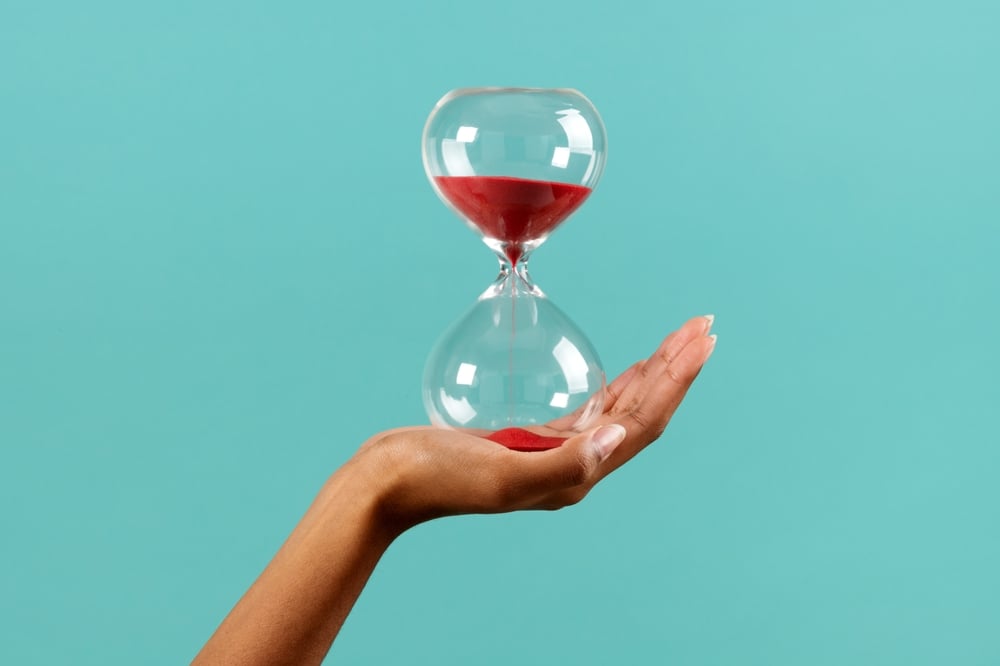
Each VAWA petition is unique, and several factors can impact how quickly your case is reviewed and decided. These factors include:
- Case Complexity: More complex VAWA cases with extensive documentation or unusual circumstances may take longer to review.
- USCIS Workload: High volume of applications or staff shortages at USCIS can lead to delays.
- Requests for Additional Information: If USCIS issues a Request for Evidence (RFE), delays in providing the needed information can extend processing time.
- Background Checks: Thorough background checks are standard and can add time to the process.
- Additional Interviews: Required interviews can add several months to the processing time, depending on scheduling.
- Personal Circumstances: Keeping your address and contact information updated with USCIS is crucial to avoid missed notices and delays.
- Policy Changes: Changes in USCIS policies or procedures can impact processing times.
VAWA Requirements: How to Help Speed Up Processing Time
Ensuring that you meet all the VAWA requirements is the best way to help expedite your petition’s processing time. Here’s a detailed look at the requirements for the VAWA visa:
| VAWA Requirement | Details | Evidence |
| Proof of Abuse | You need to show evidence that you’ve been abused by a U.S. citizen or lawful permanent resident spouse or parent. | • Police reports • Medical records • Affidavits from friends or family • Documentation of counseling or therapy |
| Proof of Relationship | Demonstrate your relationship with the abuser. | • Marriage certificate (if applying as a spouse • Birth certificates (if applying as a child) • Proof of legal guardianship (if applying as a parent) |
| Proof of Good Faith Marriage | If you are applying as a spouse, you need to show that the marriage was entered into in good faith, not solely for immigration benefits. | • Joint financial documents (bank statements, lease agreements) • Photos and correspondence between you and your spouse • Statements from friends and family about the relationship |
| Proof of Residence | Provide evidence that you lived with the abuser. | • Utility bills in both names • Lease or mortgage agreements • Joint bank account statements |
| Proof of Your Status | You need to prove that you are a person of good moral character and not disqualified by criminal history or other issues. | • Police clearance certificates • Affidavits from community members |
Providing all required documentation and meeting the criteria helps prevent delays. Incomplete or missing information can lead to Requests for Evidence (RFEs) from USCIS, which can significantly extend your processing time. To avoid these setbacks, ensure your application is thorough and accurate. Check out or complete a guide on RFE and how to respond effectively.
Immigration attorneys at Manifest Law can assist you in gathering the right documents, completing your application accurately, and avoiding common pitfalls. Book a free consultation today to learn more about how we can help.
How to Apply for the VAWA Visa

There are a few different ways you can apply for the VAWA visa, depending on your situation:
- VAWA Self-Petition (Form I-360):
- Who Can Apply: If you are a spouse or child of a U.S. citizen or lawful permanent resident who has been abused, you can apply directly for legal status through VAWA.
- How It Works: You need to file Form I-360, Petition for Amerasian, Widow(er), or Special Immigrant. This form allows you to apply for a green card without your abuser’s knowledge.
- What’s Needed: Provide proof of the abuse, show that your relationship was genuine, and demonstrate good moral character.
- VAWA Cancellation of Removal (Form I-821):
- Who Can Apply: If you are already in deportation proceedings or have been ordered deported, you may be eligible for relief under VAWA.
- How It Works: You’ll file Form I-821 along with your I-360 petition. This can help you cancel deportation proceedings and adjust your status to a lawful permanent resident.
- What’s Needed: Show proof of abuse and meet other requirements related to your presence and residence in the U.S.
- VAWA Adjustment of Status (Form I-485):
- Who Can Apply: If your I-360 petition has been approved and you’re already in the U.S., you can apply to adjust your status to that of a lawful permanent resident.
- How It Works: After getting approval for your I-360, you can file Form I-485 to become a green card holder.
- What’s Needed: You must have an approved I-360 petition and meet other requirements for adjusting your status.
- VAWA Petitions for Battered Spouses, Children, and Parents of U.S. Citizens (Form I-360):
- Who Can Apply: Battered spouses, children, or parents of U.S. citizens who have been abused can use this option.
- How It Works: File Form I-360 to detail your situation and apply for protection and legal status.
- What’s Needed: Evidence of abuse, proof of the relationship, and good moral character.
Navigating these processes can be challenging, so it’s often helpful to work with an immigration attorney who can guide you through each step and help ensure that your application is complete and accurate. Book a free consultation with Manifest Law today.
Self-petitioning with Form I-360
Form I-360 allows you to apply for a green card on your own, without involving your abuser. This form is specifically designed for victims of domestic violence who are spouses or children of U.S. citizens or lawful permanent residents.
To start, you need to complete and submit Form I-360 along with supporting evidence. This evidence should include documentation of the abuse, such as police reports, medical records, or affidavits from people who know about the abuse. You’ll also need to prove that your relationship with the abuser was genuine and that you have good moral character. Once you submit your application, USCIS will review it. If approved, you can then proceed with applying for a green card, which will give you lawful permanent residency.
Self-petitioning under VAWA can offer you several benefits. Most importantly, it provides a pathway to safety and legal status without having to depend on your abuser. This process can help you break free from the control and fear that often come with abusive relationships. Additionally, it allows you to pursue your own future and stability, helping you rebuild your life with greater security.
How does USCIS investigate VAWA?

When you submit a VAWA petition, USCIS conducts a thorough investigation to ensure the validity of your claim and verify that you meet all the VAWA requirements.
USCIS starts by reviewing the information and evidence you provide in your VAWA petition. This includes checking documents that prove your abuse, your relationship with the abuser, and your residence. USCIS also looks at any supporting statements from friends, family, or professionals who can attest to your situation.
In some cases, USCIS may need to conduct additional background checks or even request more information to clarify certain aspects of your petition. This could involve contacting the abuser’s background or verifying details with other agencies or sources. If there are discrepancies or concerns, USCIS might issue a Request for Evidence (RFE), asking for more documents or clarification.
The thoroughness of this investigation can influence how long it takes to process your VAWA petition. While USCIS aims to handle cases efficiently, the need for additional verification or documentation can extend processing times. If you respond promptly to any RFEs or additional requests from USCIS, it can help minimize delays. However, if there are complications or delays in gathering the required information, it could lengthen the overall processing time.
How long does it take to get a green card after VAWA approval?
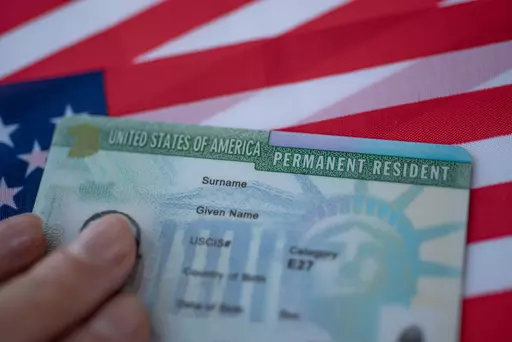
Once your VAWA (Violence Against Women Act) petition is approved, the next step is applying for a green card, also known as lawful permanent residency. The process involves submitting Form I-485, the Application to Register Permanent Residence or Adjust Status. This form is essential for transitioning from your VAWA status to becoming a green card holder.
Typically, it takes about 6 to 12 months to process Form I-485. After you submit this form, you’ll receive a notice for a biometrics appointment, where you’ll provide fingerprints and other biometric data. This appointment usually occurs within a few weeks of your application submission.
In some cases, USCIS may schedule an interview to further review your application. If an interview is required, it will generally be scheduled a few months after your biometrics appointment. Following the interview or review of your application, USCIS will make a final decision, which usually takes a few weeks to a couple of months.
In summary, while the overall time to receive your green card can range from 6 to 12 months after VAWA approval, this timeline can vary based on individual circumstances. To help streamline the process and avoid delays, working with an experienced immigration attorney can be very beneficial.
¿VAWA afecta al abusador?
VAWA tiene como objetivo principal proteger a las víctimas de violencia doméstica, pero también puede afectar indirectamente a los agresores, especialmente a través de las consecuencias legales. Cuando una víctima presenta una solicitud bajo VAWA, debe proporcionar evidencia de abuso, como informes policiales, registros médicos o declaraciones personales. Esta documentación puede desencadenar investigaciones criminales o llevar a órdenes de restricción contra el agresor, afectando su estatus legal y potencialmente resultando en cargos como asalto o acoso.
Además, si el agresor no es ciudadano, estos problemas legales pueden impactar su propio estatus migratorio, especialmente si se presentan cargos criminales como resultado del abuso. Aunque VAWA en sí misma no conduce automáticamente a la deportación del agresor, los antecedentes criminales relacionados con la violencia doméstica pueden complicar sus procedimientos migratorios, lo que podría llevar a la deportación o a la negación de beneficios migratorios.
Más allá de las consecuencias legales, VAWA empodera a las víctimas al permitirles buscar seguridad e independencia sin temor a perder su estatus migratorio, lo que interrumpe las dinámicas de poder y control en las que los agresores suelen apoyarse. Esto puede alterar significativamente la capacidad del agresor para manipular o intimidar a la víctima. Las disposiciones de VAWA enfatizan la prioridad de la seguridad y el bienestar de la víctima, colocando indirectamente la responsabilidad en el agresor a través del sistema legal más amplio.
How Manifest Law Can Help
Having a complete and well-documented VAWA petition from the start can help streamline this process. Working with an experienced immigration attorney can also make a significant difference.
Our team at Manifest Law can help ensure your application is thorough and complete, potentially speeding up the review process and helping you avoid common issues that might cause delays. Book a free consultation today to learn more.














